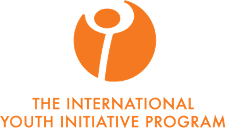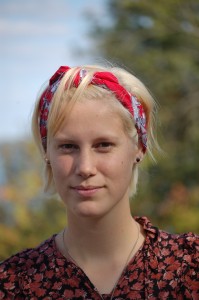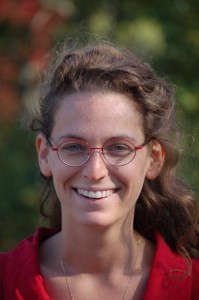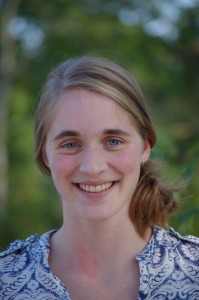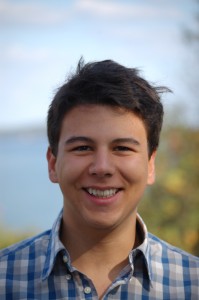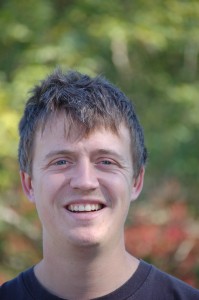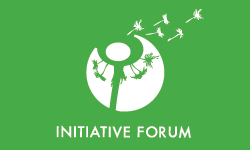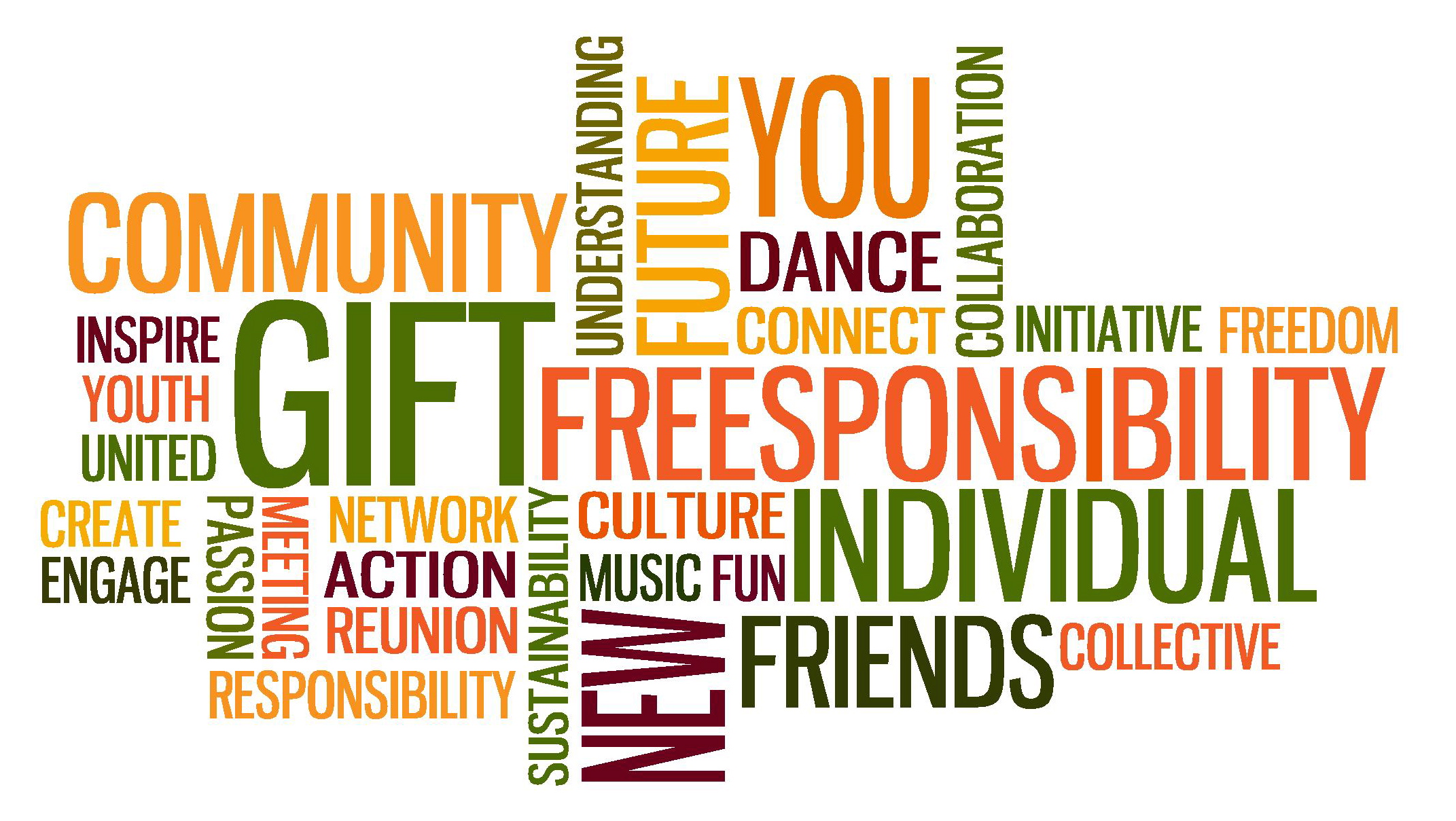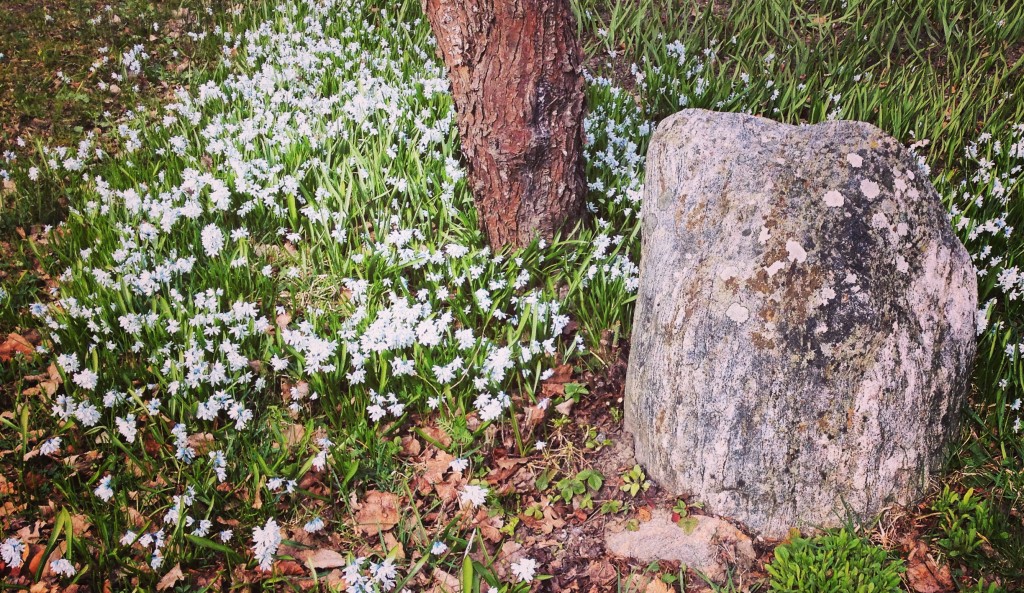It has been a quiet time here in Ytterjärna for those of us who have remained behind. But slowly those beating hearts have trickled back into this mysterious place that we have all come to know as ‘home’. The quietness of the weeks that have passed has most certainly not meant stillness in planning and scheduling, conversation and design, in fact quite the contrary! It has been a time to dive into imaginations of the future and preparation for what is waiting to emerge. We, the organizing team, have labored these six weeks in our striving to support the continuation and evolution of this paragon of virtue called The Youth Initiative Program (and hope in our doing so that it may live up to such illustrious repute). But in all our ambition we have felt a void of energetic enthusiasm, the source of which can be provided solely by the targets of our expended energy… the Yippies! It is thus our pleasure to report (if only a bit late) on their whole and healthy return. Some were tired, some tanned, some immersed in a state of surreality and all with more than a story to tell. And this, a belated Newsletter, on behalf of the busy and buzzing energy that they have brought back to Järna! We are now immersed in a Project Week, exploring the possibilities of creating a YIP garden, looking into a 2nd Phase of the Program and heartily jumping into the plans for Initiative Forum 2015! Welcome ‘home’ YIP7! What shall we do with our final three months???
Reflections on Internships by the YIP7 Participants
 Nepal, Veerle Kaffka:
Nepal, Veerle Kaffka:
The necessity of KRMEF in their vulnerable country.
After spending two extra days in the second biggest city of Nepal, because we had to recover from a stomach bug, I surprisingly met two family friends that had been trekking in the Annapurna Region, the most well-known trekking area of Nepal besides the Mount Everest. They told me they had been staying with locals in tiny shacks, being shocked by their living circumstances. ‘But,’ the guy said, ‘I think everybody needs to come here at least once to experience this in order to revaluate the things we have at home.’ The days I spent in Pokhara had made me think a lot about my participation in the mass-tourism in Nepal and I replied to him that I believe it would be quite a horrific happening if everybody would actually do that. It’s such a normal thing nowadays to go on a far-away trip to countries such as Nepal, Thailand, Cambodia, Myanmar, Vietnam and Laos – especially after high school and honestly, I don’t really believe that it’s doing much good to these countries. All of the earlier mentioned countries are coming out of a period of communist reign and are in a very early stage of democracy or they’re still under communist government. Being in this new constitution, Nepal’s government sadly enough is corrupt and doesn’t seem to show a lot of interest in nature conservation or in actual social development, which makes it a vulnerable country to tourism. To the expense of their environment and the welfare of the people they try to attract tourists (money) that massively rush through the Himalayas, doing trekking, paragliding or going on an ultra-light flight, and most of them are people from Western countries.
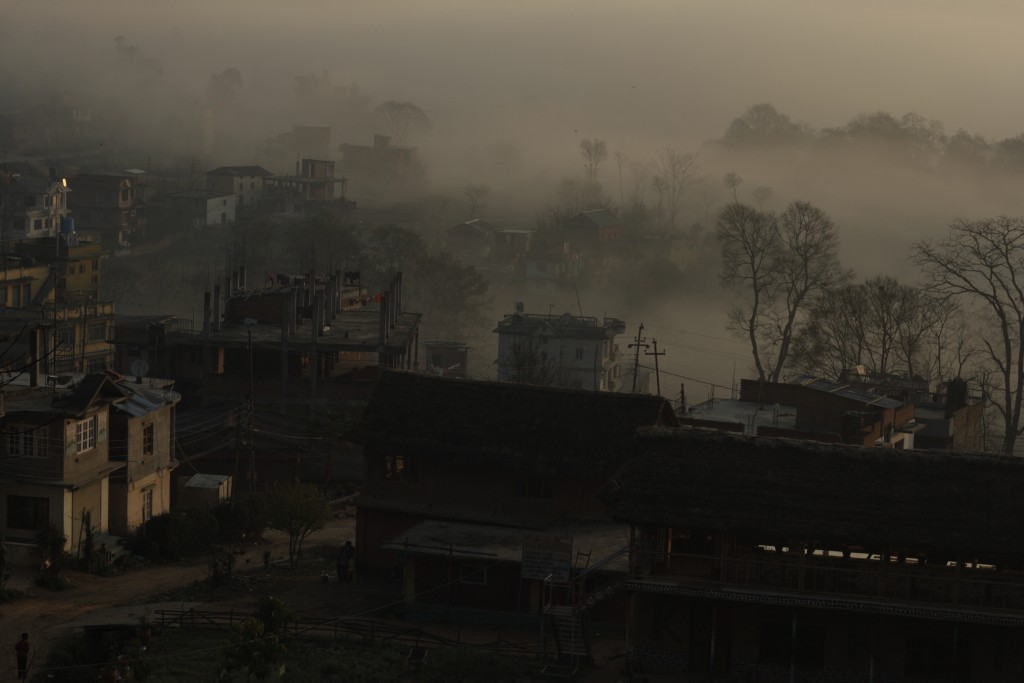
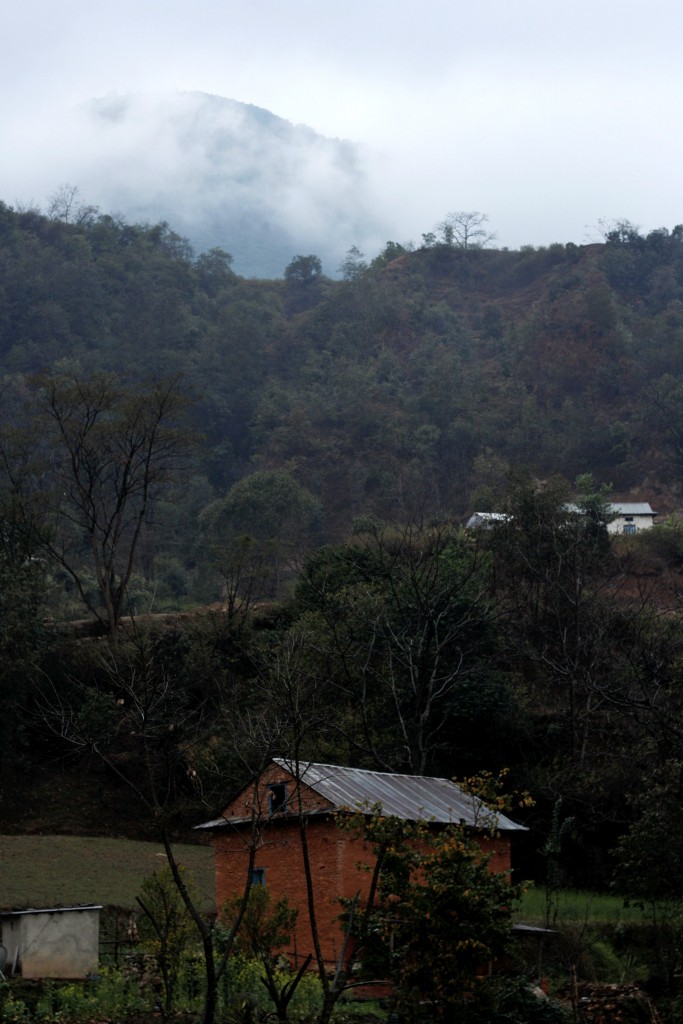
I wish them luck and prosperity on their noble path and I’m grateful for being hosted by them.
 Nepal, Aylah Loewenstein:
Nepal, Aylah Loewenstein:
A young Nepali woman catches my eye as soon as I arrive at the eco-village. She is young and beautiful, with sad eyes and baby on her hip. I soon learn her name is Susmita and her baby is Arohi. The eco-village is preparing for it’s grand opening of Eco Café and Susmita, who lives in the adjacent village, has come to work. While she steadily cleans the glass tables of the café, Arohi lays on a cloth on the dirt floor of the café, playing with left-over newspaper. I come and join Susmita in her work, but am distracted by the adorable baby and sit with her instead, clapping, smiling and looking into her eyes. Is there sadness there yet too? Susmita watches me and says you’re my best friend, and then invites me over to her house for tea.
I find out more about Susmita. She is 18, and Arohi is seven months old. She was married at 14. There was no traditional Nepali wedding for Susmita, as she had intimate relations with her husband before marriage. Her English is broken and she wants me to speak Nepali with her, but here I am, an American in a Nepali home.
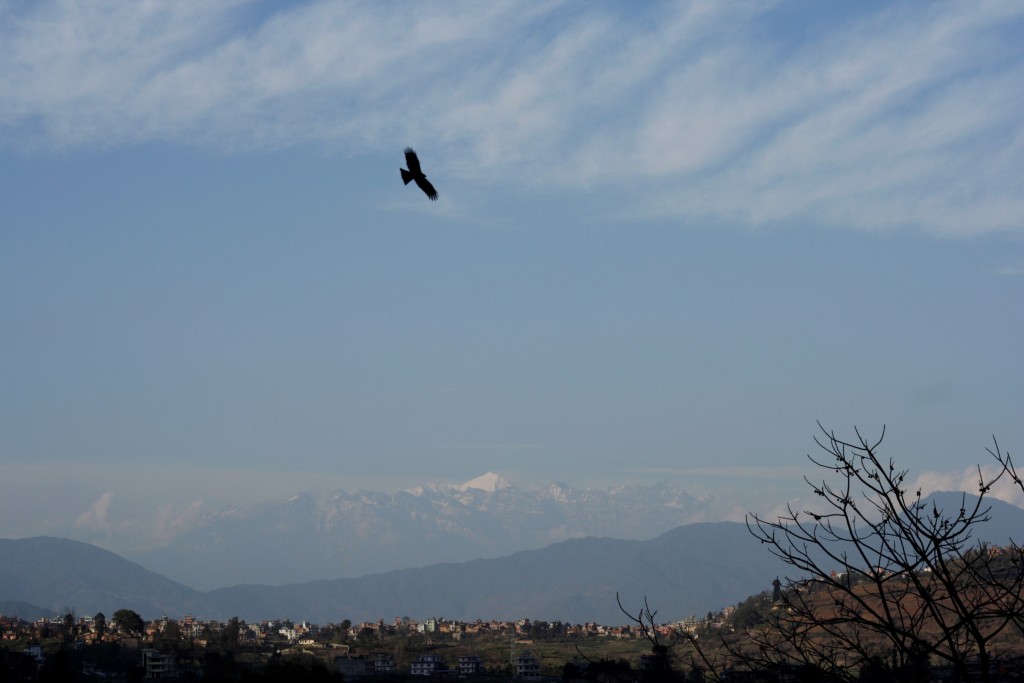
Cape Town, King Wittman:
REDEMPTION LUNCH- SOUTH AFRICA
(EMANCIPATE YOURSELVES FROM MENTAL APARTHEID)
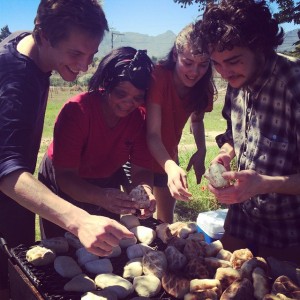
Quietly, the kitchen staff have come for modest servings of the food they labored to prepare with us and then tiptoed away again to eat amongst themselves, sitting on upside down milk crates beside the stove. The maid of the premises, who only several hours before was teaching us how to make traditional roasted bread over a fire and cackling gleefully over our desperate bids not to burn ourselves, is now sitting alone in the hallway with her plate. We have been out to see her twice, begging her to join us, she has flatly refused.
What is even stranger, no one beyond my group of fellow interns even raises an eyebrow over the situation. It is understood here in collective silence that people are accustomed to an older type of law. I am so 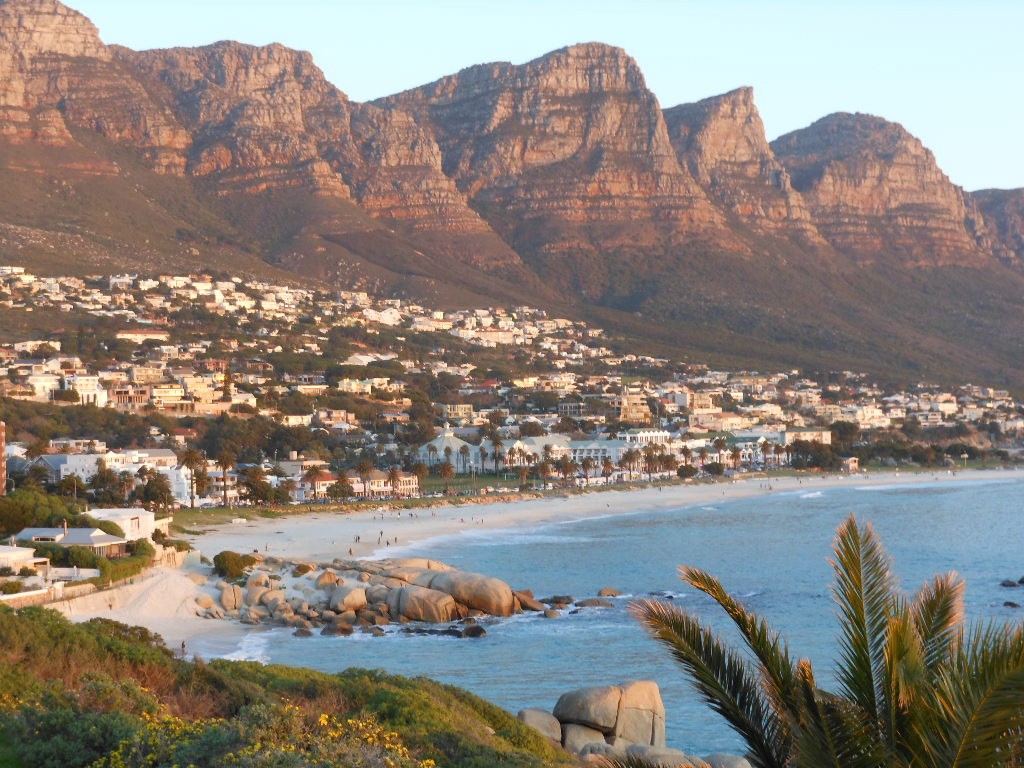
Later on while our host is driving us home, I ask him about the voluntary segregation. “Apartheid lives on in the minds of the people,” he says. And we roll on down the highway, a picturesque stretch of beach on one side, and an endless sea of corrugated metal shacks on the other. Pity that we humans do not have eyes like horses.
 Los Angeles, Darius Matties:
Los Angeles, Darius Matties:
Last day in L.A
Mysterious mist of a March morning. Moon melts away. As – bless this day – the first sunlight is tickling my toe. I slowly start slowing down. Concentrate on the noise of the freeway. What should I write about L.A.? Streams of images and words are passing by. Old faces, new faces. Bonfires, buildings, cars, tears, ritual spaces, conversations, Street Poets, memorials, beaches, hills, study circles, friendships, open Mics, waves of traffic lights.
Waves of traffic lights
‘Laté Macchiato please’
Violations of rights
‘Caviar with cheese?’
So many suicides.
‘The new car of my niece’
Impulsiveness full of extremes
Tomorrows wind meets ancient schemes
Car chaos, under a constant blue
Up there eternal peace
down here no overview
Here we got a quiet flair
over there nightmare
So full, so empty
So proud, so envy
Poverty, and ‘paradise’
Food deserts and extra size
Constantly loosing track
Constantly finding it back
Pureness one with pollution
Realness embracing pollutions
clearness next to confusions
Opportunities and hopelessness
Sickly sweet and bitterness
A place where hope of the globe is concentrated
A place where brothers of old times are segregated
Constantly entering heavens rode
Constantly anticipating to explode
So close to the breath giving pulse of life
So close to the breathtaking knife
A city like a dragon,
constantly fire spying; Wishing for nothing more than flying
There is so much I could say about the Internship that we spent in L.A. and I will at some point. But those impressions are so present and pure right now, that it feels good to let them stand there as they are.
 Los Angeles, Diane Keyes:
Los Angeles, Diane Keyes:
The City of Angels. The city of extremes – of intense pain and great beauty. A place I never thought I’d want to go to – now a place I never want to leave.
To me, LA felt like home, and I was not expecting that. I think it was the combination of the Mexican tacos, sun, fast paced life, deep conversations, real people, and the familiar feeling that gave me the sense that I had arrived back to a village I didn’t know I belonged to. I feel I have work there to do. Come September of this year I hope to go back again to the City of Angels and work with and learn from the initiatives and people we met this March and form my own year of independent work and study.
Stories, conversation, and connection were the three things that shaped the internship most profoundly for me. We met many incredible people and many incredible social initiatives and organizations. Throughout the 5 weeks we met the violence of LA with our eyes and hearts, the gangs through our conversations and 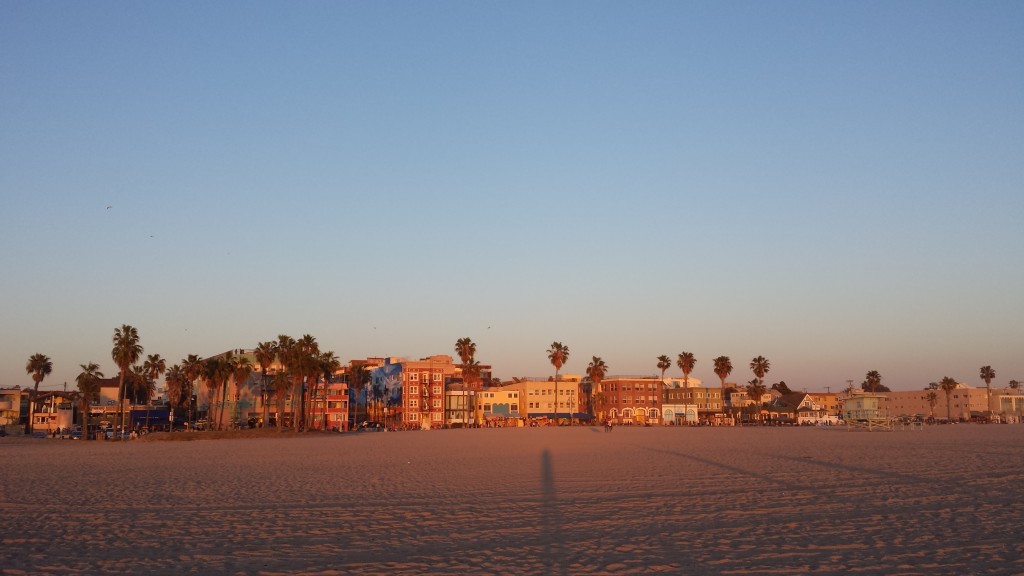
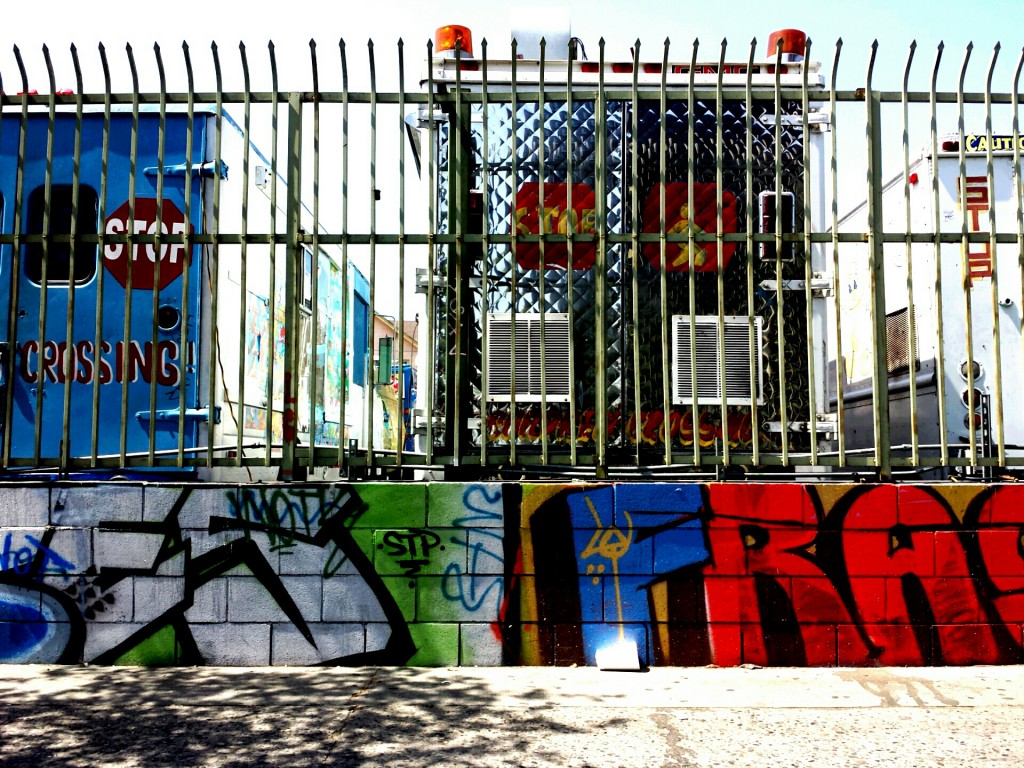
It was one of the most powerful things to see the initiatives that have risen in response to the negative, violent, corrupt things that are happening in the city. For example, we met a woman named Theresa Hwang who is an architect working with Skid Row residences living on the street, asking them what they want for their neighbourhood and what changes they would like to see as she works to build affordable housing. We met with a woman named Mariana Mendoza who is working with an organization called Enlace, which is working to raise awareness and public resistance to Private Prisons. We were introduced 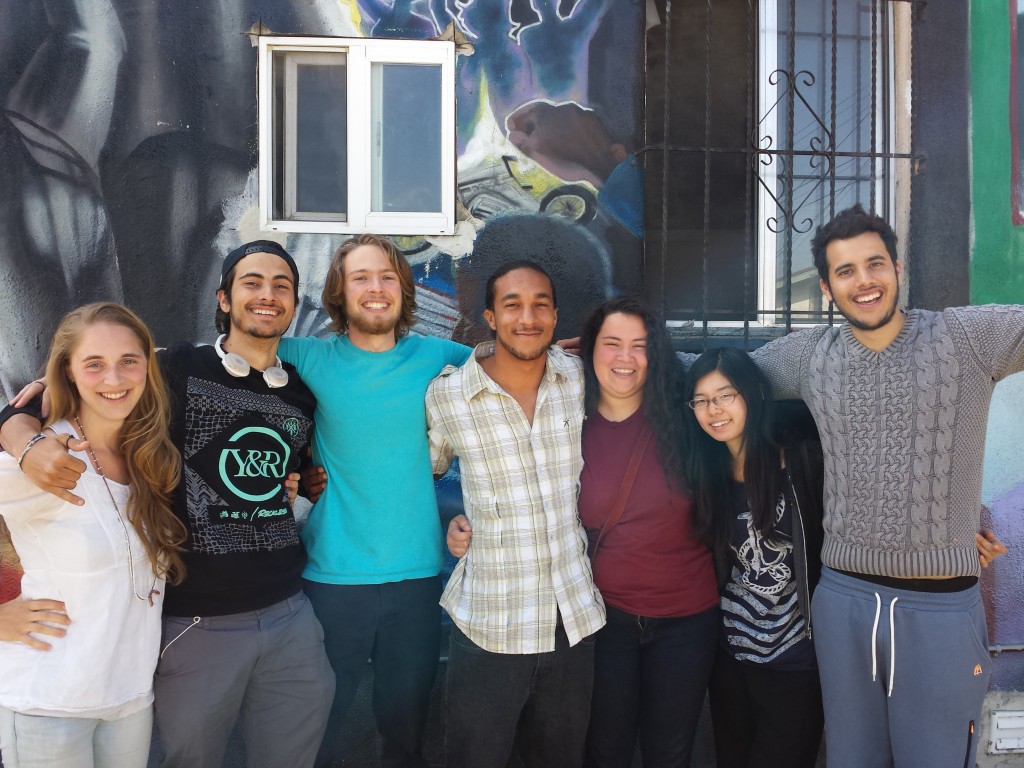
It was an intense 5 weeks filled with raw truth and honesty in the most beautiful and empowering way. It’s hard for me to summarize my experience in only a few paragraphs, to explain the internal shift I feel, to share with you the people I have met who I know will be in my life forever now, or, again, the importance of the work that is taking place there. What I will say now, though, is that it was amazing and I am incredibly grateful. Thank you.
 The Philippines, Pablo Gonzalez Nieto:
The Philippines, Pablo Gonzalez Nieto:
Pilipinas: A Step on the Right Path
After one week in the north of the Philippines acclimatising to the Filipino environment and way of being, we flew to Iloilo and took a 20 minute car ride to barangay Balud-Liloan within the municipality of Zarraga, where we would live for the next 3 weeks in the house of a family. I didn’t know what to expect, we had no schedule planned except the two day workshop with Nicanor Perlas, I was a bit overwhelmed by the intensive travels we had had in the past week and we were just starting to arrange things with our hosts, it was all a bit fast-track.
For me, the returning to a non-European, less rigid structure and the fact that the Philippines has a really close history to the country where I come from, was in a way a relief and a return to my real world, this setting gave me the possibility of looking back to my time in YIP and my past life, of analysing the place that I occupy in the world and to notice things that I was capable of doing really easily while enjoying myself, which I didn’t have enough self-trust for before.
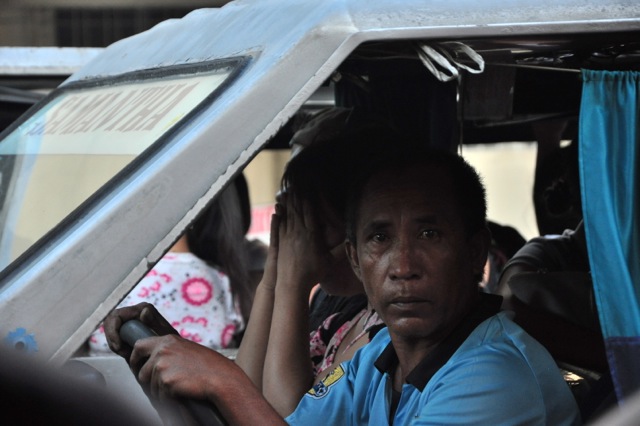
The work that we were witnessing and the activities that we were in touch with in those three weeks, opened a great field for activity and practical power, as a group we managed to create workshops with young individuals which gave me a lot of power and a lot of trust in the process, plus a great progress in the question of the year, which is: what do I want to do in my life? All of this and all the experiences we had end up pointing out that the Philippines was indeed the right choice and that I got the most and just what I needed from it.
 The Philippines, Olly Macer:
The Philippines, Olly Macer:
Reflections from the land of Balut.
What is it to be free? Does the ability to fly around the world, almost at will, provide freedom? Perhaps on some level; but looking for realness as a means of escape is something very prevalent in the western world at this time, and a lack of freedom within can lead to this yearning. But is this yearning ever there if the opportunities are not there in the first place? Do we simply strive for that which we do not have, yet can attain? I doubt a homeless man would take a Maserati over a solid and caring social group.
Whilst in the Philippines I toyed with such questions. I guess it’s fitting to analyse such notions when your surroundings are a stark reminder that we function on a limited level of equilibrium as a global family, and especially when you have the opportunity to travel, as I have. Poverty, and the economic divide, are as apparent and as socially dismissed in the Philippines, as they are in any other country I have been too, perhaps even more so than many. Have we collectively dampened the divine glow inside ourselves that cries out to help those in need as we pass them on the street, or read about them in the newspaper? A social 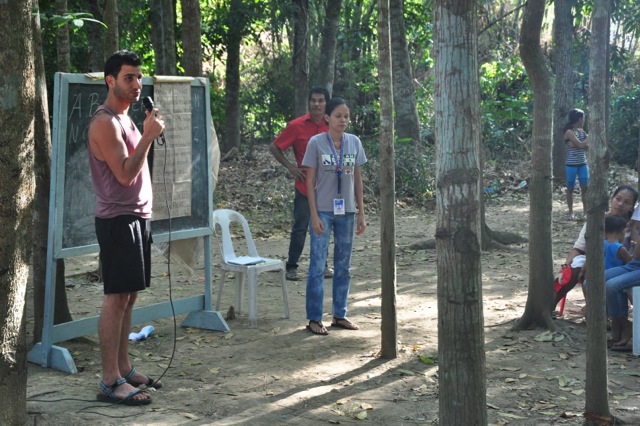
We have become comfortable within the realm of having our basic human needs met, and this sits askew in my gut. Surely with these needs met, we should have a greater capacity to develop the worlds of others; our friends, families, and the people beyond those that we know. I don’t think that these are simply high ideals, they are authentic human inklings that just need to be uncovered and given the chance to flourish. We have become so individualised that we have forgotten about the need for unity, that is inside us all. We just have to create the pathways from within for these strivings to actualise in the world.
One method through which this actualisation can be formed, lies in the concept of rapid prototyping, something I gained an insight into whilst with Nicanor Perlas in the Philippines. Rapid prototyping requires you to dismiss the familiar planning process of ‘ready, aim, fire’ and instead, embrace 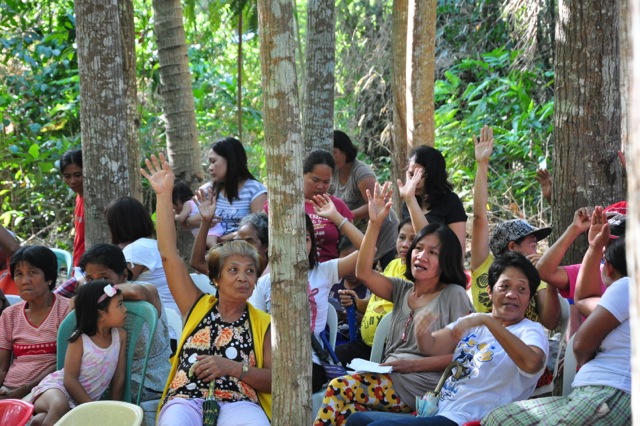
I am an educated and lucky individual, as are you, reading this now. We have more power and more scope for opportunity than a vast percentage of our fellow earthly brethren, and we must utilise this knowledge, for else we are as stuck as any other. For me, freedom is being able to know and act upon the divine truth that lurks within.
I am not yet a fully free man.
 Connect Conference:
Connect Conference:
Reflections on Connect by YIP OT Silas Beardslee
We drove away from Järna around four in the afternoon, excited for what awaited us, happy to be moving and heartily enjoying each other’s company. We were prepared to drive through the night, all the way to Lier and spread the good word of YIP to the open ears and minds of two hundred 12th grade Waldorf School students from fourteen countries who would be gathered there for the week. With a brief ten o’clock respite in Copenhagen, a city whose old-fashioned beauty surprised me, and another over breakfast 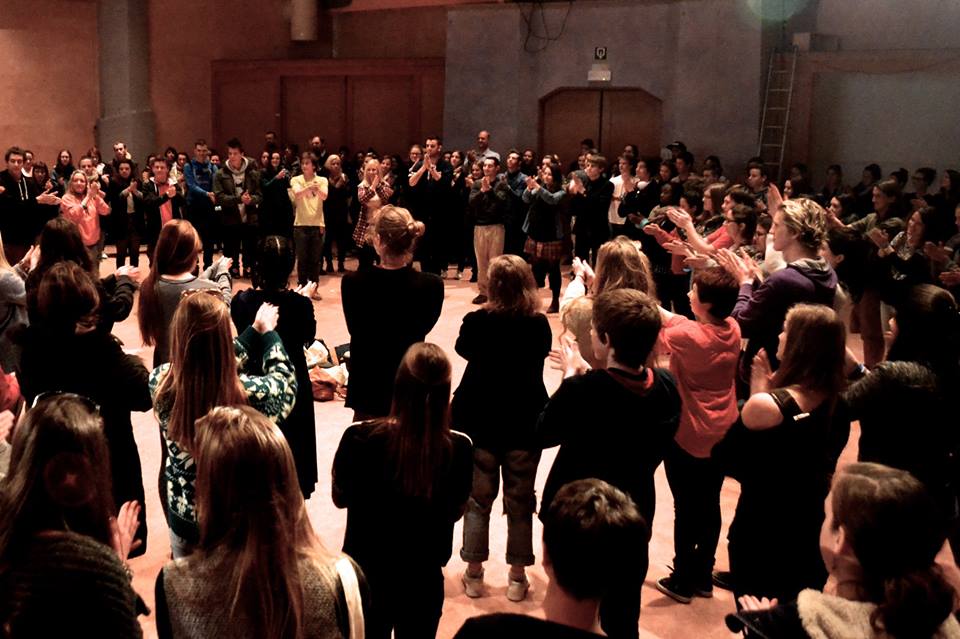
Olly Macer (UK), Kristel Termorshuizen (NL) and I rolled up in our trusty blue Berlingo we had purposefully named “FillUp” to the front doors of the Lier Waldorf School and were met immediately with a rush of hugs and recognition by the organizers and volunteers who had been eagerly anticipating our arrival. After a quick meal and a brief acquaintence with the place and the tasks that awaited us, we set off about our chores. It did not take long to get engaged and soon enough the three of us were weaving our way through the throngs of starry-eyed and inspired youngsters to our various tasks and responsibilities, namely, setting up for meals, running the night café, cleaning toilets, but most importantly, sitting and talking with the participants, hearing their stories and telling them of the opportunities that awaited them in Sweden if they chose a northerly path.
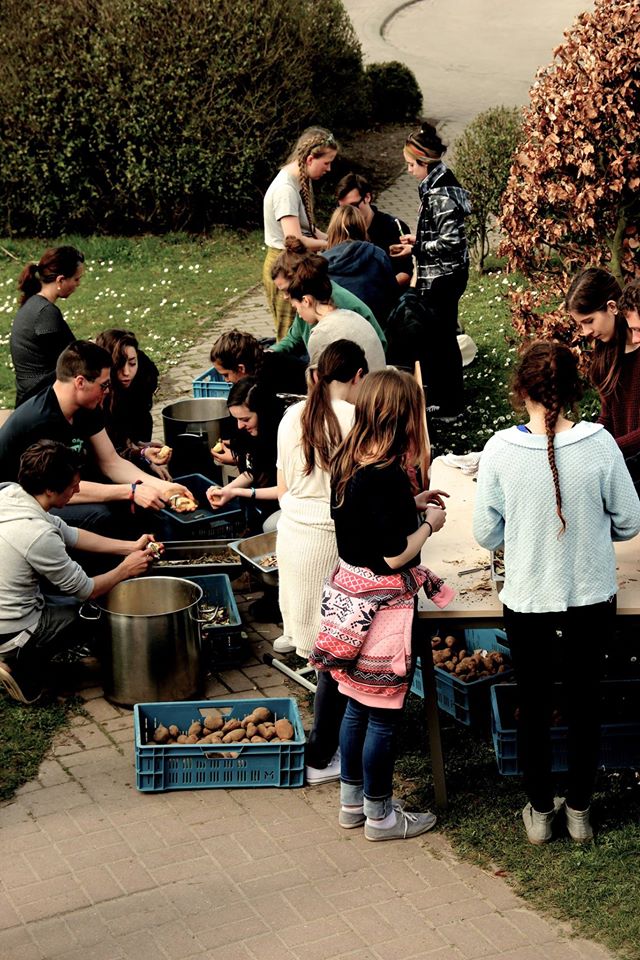
I was humbled by the hard work of the Connect Organizing team and honored to have been able to play a small role in carrying it out. Like the participants, I too think that this event, and events like these, are an invaluable tool in striving toward a more peaceful and unified world. Despite the fact that I arrived home quite thoroughly exhausted, I was also filed with a new and inspired energy. Thank you, Connect, for all the hard work, and thanks to the participants for their tireless energy and enthusiasm, and thus, instilling hope and reaffirming the knowledge that Connected we are strong.
Thoughts from YIP6 Alum and Connect Contributor, Marion Ansaldi
This place brought us all to cross boundaries, imagining a new future, and creating connections.
The power of the collective invited us to go deeper in ourselves, and see the glimpse of the new possible world.
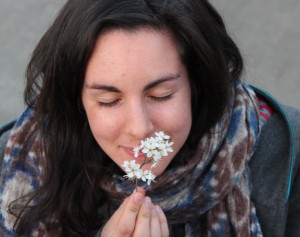
All different but all together, it’s not about the place but about the people.
We created the magic and learned to accept the unknown and smile to others with an enormous warmth that came to shake us all.
Let’s now bring the spark further and let go of the old skin.
Aloha.
All the way from my heart.
Marion
 Freesponsibility:
Freesponsibility:
How do we have to be for each to be free?
The preparations have been underway for some time now and the grounds are being prepared for the welcoming party!
Please help us spread the word! 20th – 25th Of June 2015, Järna, Sweden. Be there!
Early Bird registration closes on the 20th of April! So Register!
Looking Forward:
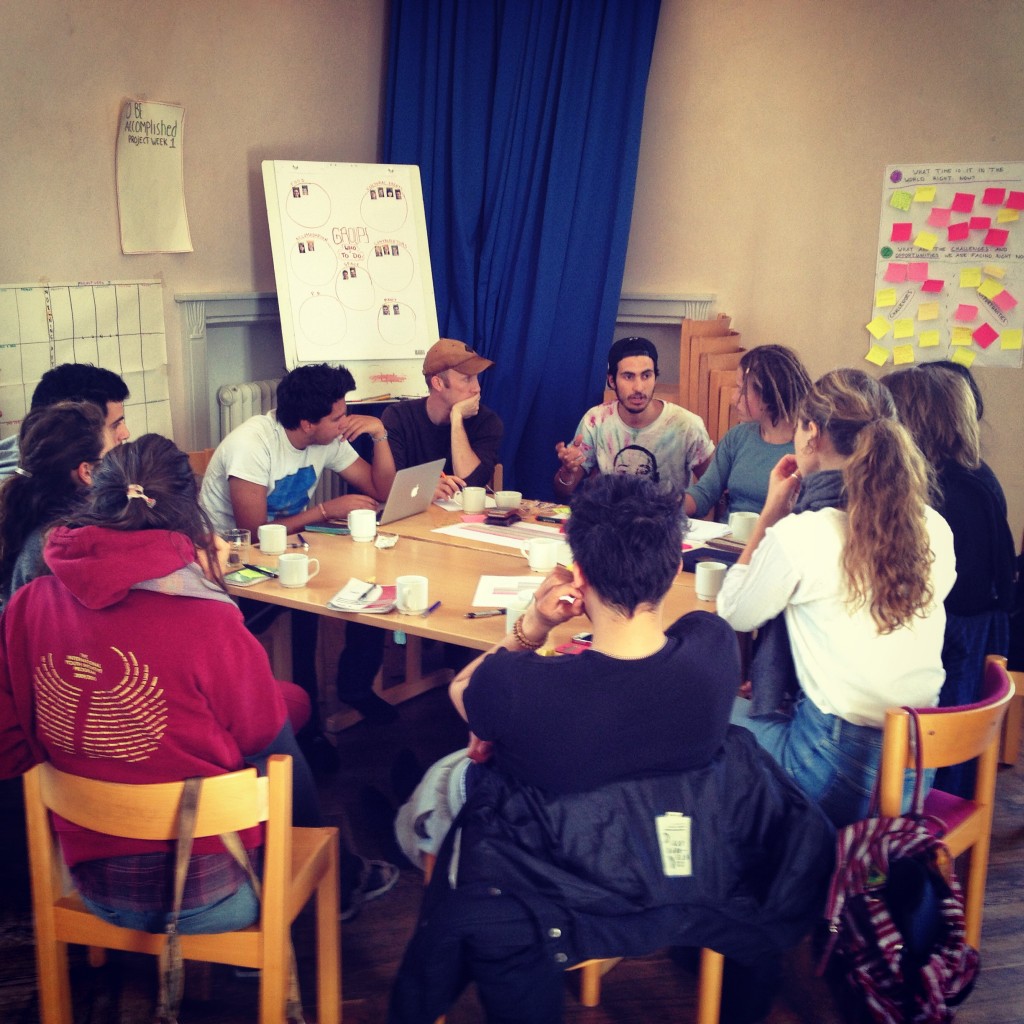
We are currently rounding off the first of three Project Weeks where the Yippies are challenged to break off in groups, utilize the skills they have honed over the year and see how far it will take them in creating: a YIP Garden at Kulturcentrum; building the foundation for Phase II, a second initiative-based YIP year; strengthening the YIP Scholarship Fund; organizing a public event with Charles Eisenstein in May; and preparing the Initiative Forum. There has been a lot of enthusiasm and energy going into this week so far, and with two more to come, we will no doubt go leaps and bounds in each of the projects!
Starting on Monday, we will be joined by YIP1 Alum, Christof Walther, and long-time contributor, Michael D’Leo, for a course entitled Living Thinking, Living Doing, where we will spend much of the time observing the hidden phenomena of nature and in the afternoons get our hands dirty out in it! The following two weeks will be the continuation and implementation of what was prepared this week, as well as time to focus attentions on Personal Projects. Then, pretty soon, Charles Eisenstein will be joining us to explore Sacred Economics, Roi Gal Or with Storytelling, Personal Project Presentations, a YIP7 participant-designed Outdoor Experience and finally, Initiative Forum! It’s sometimes startling how swiftly time flies…
The Newsletter
The Newsletter is a monthly mailing update on the life and times of YIP and is a wonderful way to remain connected. It is sent out once a month and gives an overview of what has happened, what is happening and what is on the horizon. Every quarter (3 months) we plan to put out a more in-depth issue that looks into the Organization of YIP from a similar lense.
Please spread the good word of YIP by forwarding to friends and family and inviting them to sign up!
If you have any questions or concerns regarding the newsletter or feel that there is something you would wish to see more of, contact [email protected]
Enjoy reading!
